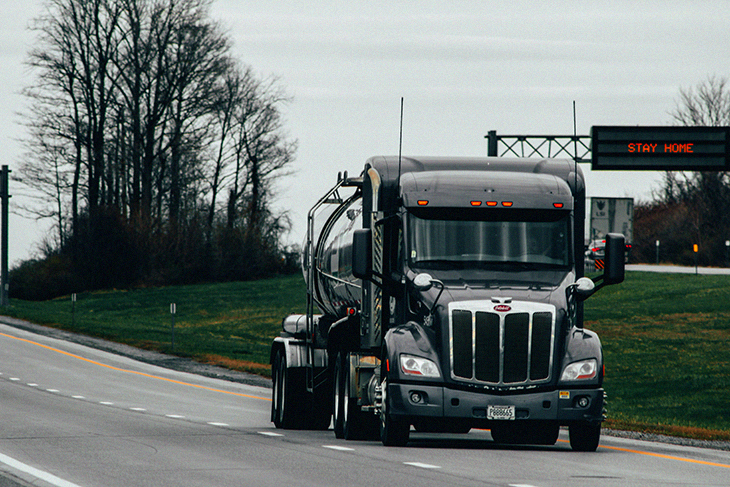Insurance is not an easily comprehendible field. We buy insurance because we know we need it, but we don’t actually go on to think why we actually need insurance. Nowadays, there is an insurance policy for nearly anything you want to keep safe, so it comes as no surprise the trucking industry also has to deal with multiple forms of insurance.
If you are working in the trucking industry, you probably know you need trucking insurance. But are you aware you may also need bobtail insurance? This type of insurance provides protection in those instances when you are driving a truck without a trailer attached to it.
To better understand bobtail insurance and whether you should or should not buy it, we are covering a few questions insurance brokers often get from their clients.

Who needs to buy bobtail insurance?
Trucking insurance is needed anytime you drive a truck. However, if you are driving a trailer-less truck under someone else’s authority or your policy only protects you when a trailer is attached to the truck, you will need to get individual bobtail insurance.
If you don’t get bobtail insurance and you are at fault for an accident that involves your trailer-less truck, you may have to face huge expenses, not to mention lawsuits. At the same time, if your motor carrier requires bobtail coverage, you will have to purchase it.
Is bobtail insurance expensive?
How much you will be required to pay for bobtail insurance varies based on specific factors. The insurance company you choose will typically review your driving history, frequency of driving without a trailer and the limits requested, among others, during the underwriting process. After this, the insurer will be able to tell you a specific price.
Typically, you should not expect to spend more than $20-50 a month for bobtail insurance, but the price can vary.
What is covered by bobtail insurance?
Bobtail insurance is described as a liability-only policy, meaning it will cover damage done to other people’s property or health. This means you won’t be able to use your bobtail policy to take care of physical damage done to your truck due to the accident.
In general, bobtail insurance will be able to cover accidents you have caused during the time you don’t have the trailer connected to the truck, such as coming home from a delivery or dropping your load and going to pick up the next one.
Are bobtail insurance and non-trucking liability the same?
While these terms are often used interchangeably, there are slight differences between bobtail insurance and non-trucking liability insurance. Understanding these differences will help you when deciding which type of policy to buy:
Bobtail insurance applies when driving a truck under someone else’s authority without attaching the trailer. If, for example, you dropped the entire load at a specific point and you are driving without a trailer, and you have been involved in an accident, bobtail insurance will cover this.
Non-trucking liability insurance: this type of coverage protects you when you are driving your truck for non-business purposes. Any form of personal use of the truck needs to be covered by non-trucking insurance, or else you won’t receive liability coverage in case of an accident.


